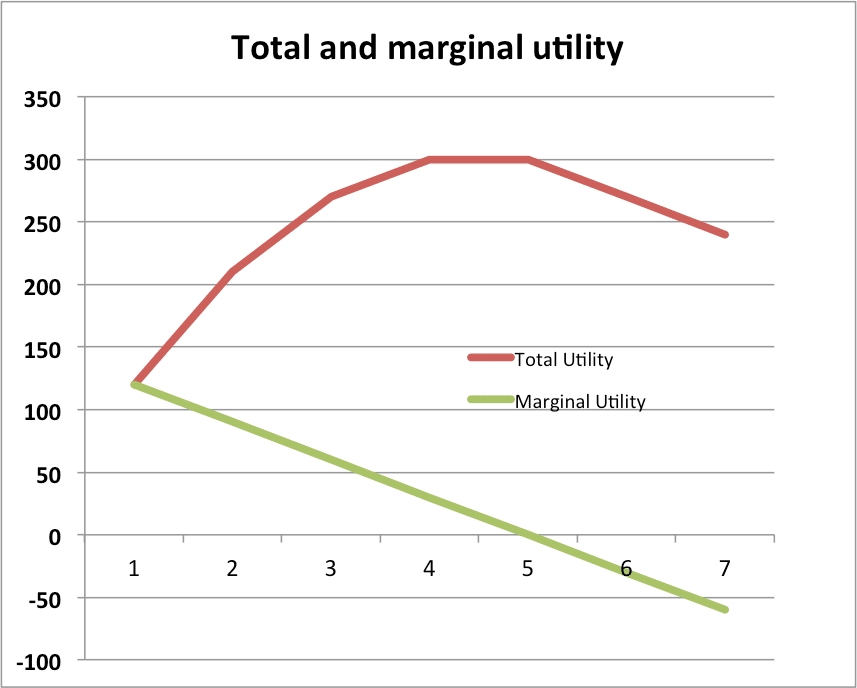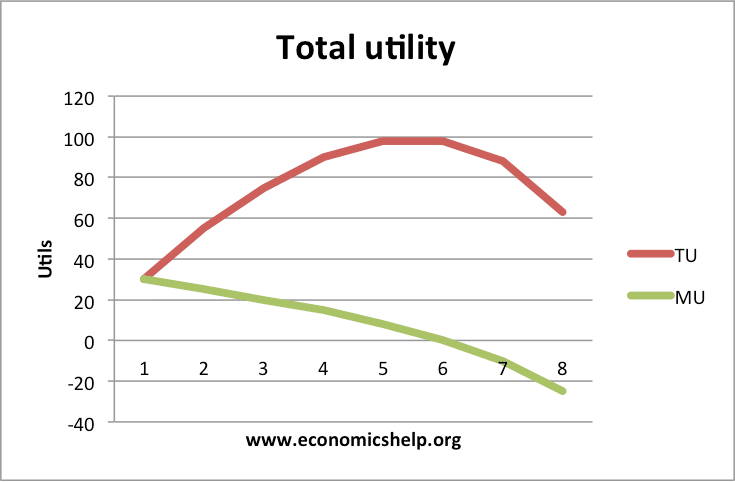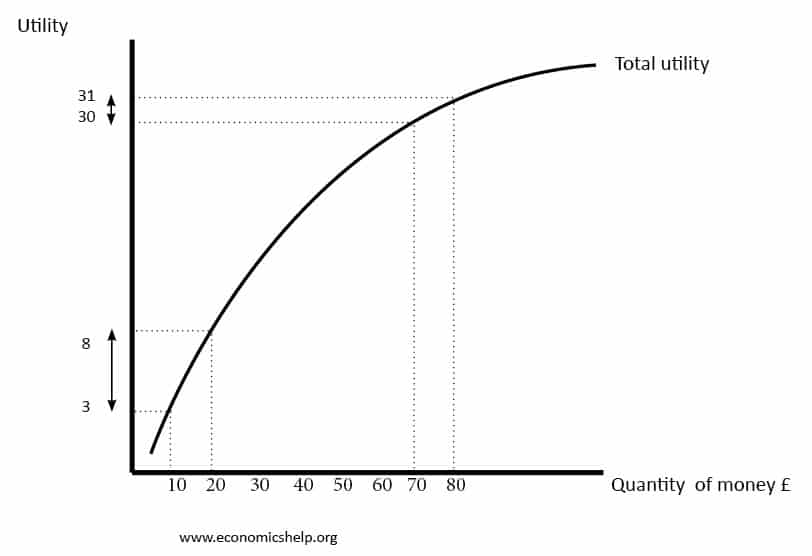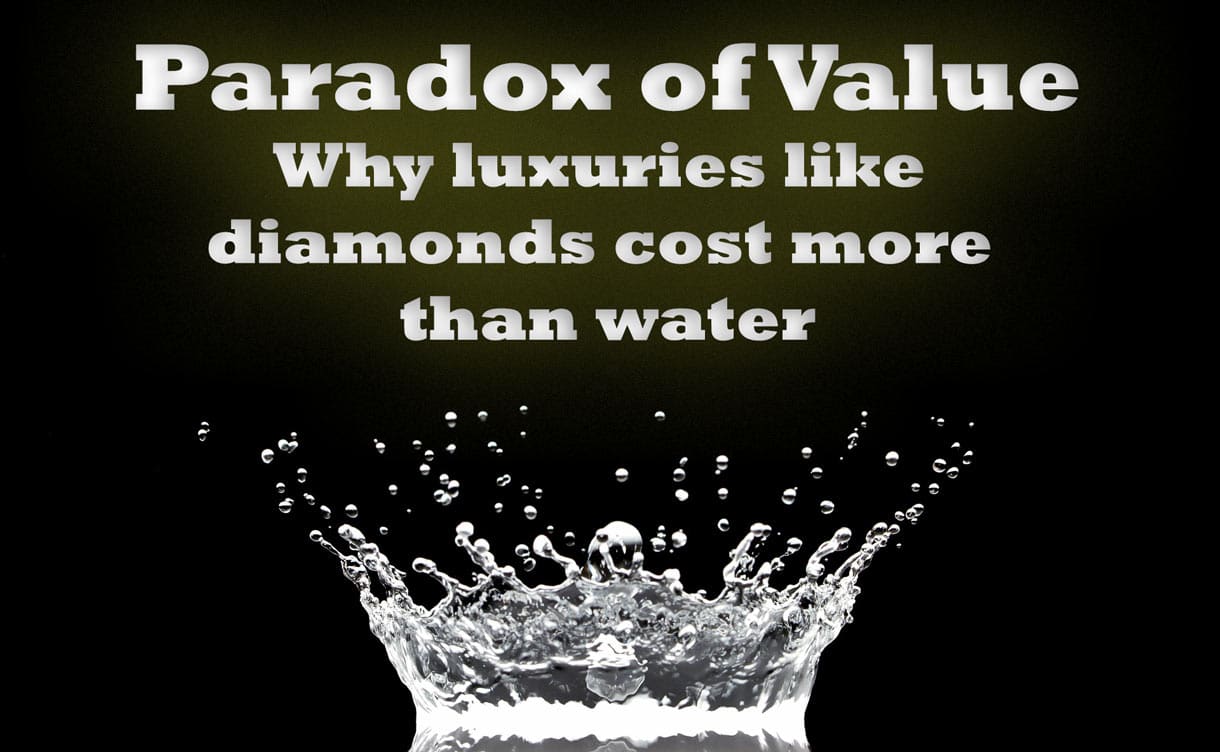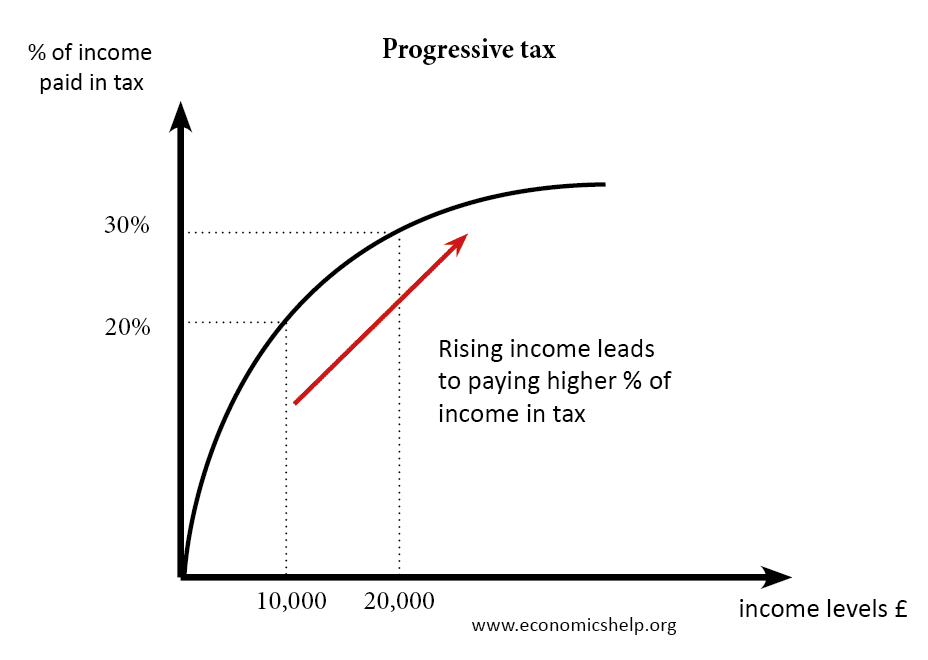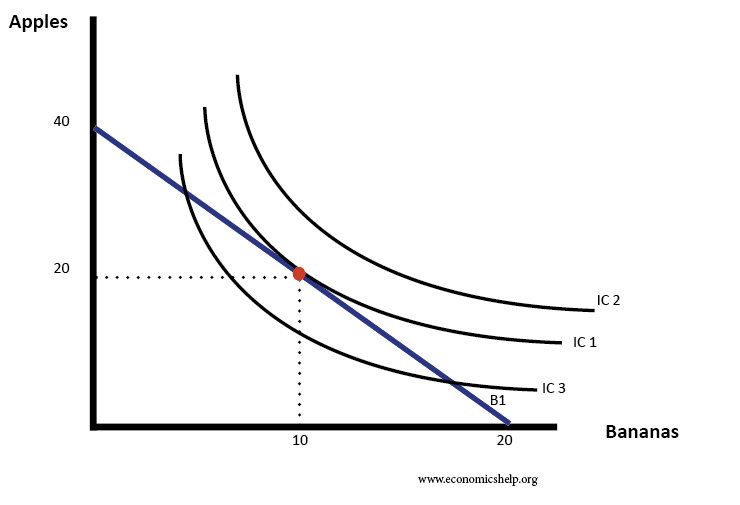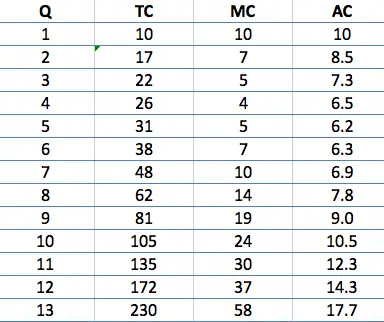Marginal utility theory
Marginal utility theory examines the increase in satisfaction consumers gain from consuming an extra unit of a good. Utility is an idea that people get a certain level of satisfaction/happiness/utility from consuming goods and service. Marginal utility is the benefit of consuming an extra unit This utility is not constant. Often we get diminishing marginal …

